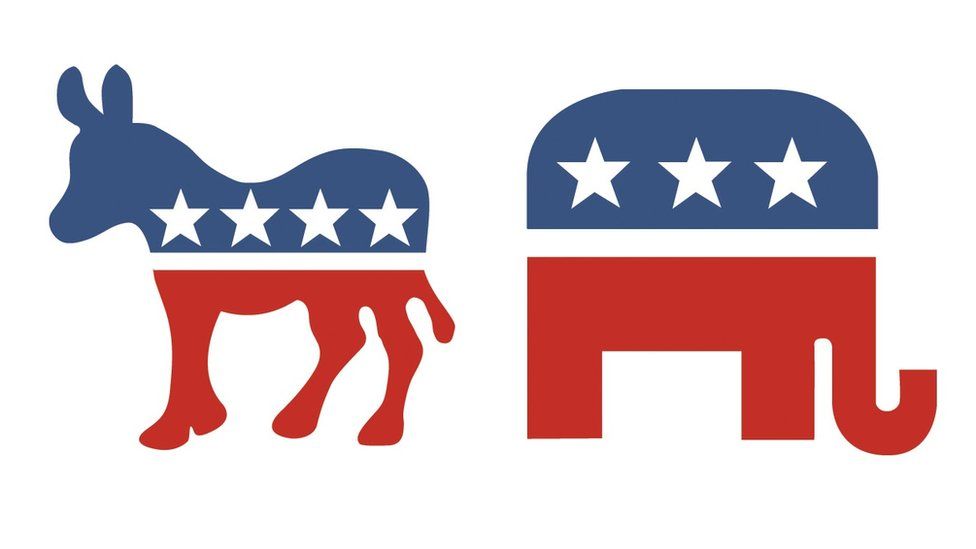Lee McIntyre's "Post-Truth" asks some questions worth pondering for a time. Questions such as "is post-truth just lying?" and do some facts matter more than others. These questions ask readers to look at their own beliefs and whether or not they make political decisions based on pure feeling or on facts (even facts that don't align with their own beliefs).
One of the questions posed caught my attention and made me think:"Do we want to live in a world where policy is made based on how it makes us feel rather than how well it will work in reality?" Here is the result of my pondering. I think the immediate answer to this is 'yes'. Unfortunately, we are used to instant gratification in this day and age, so if someone appeals to our emotions and desire for the now, we willingly follow them blind to the end result.
If we look at how the political system functioned before instant gratification was a thing, and the technological revolution occurred, did this same error occur? I am not knowledgeable enough on this topic to argue, but I think this is worth exploration. If we were instead presented, as a democratic republic, with the end result of an issue (for example: the issue of climate change), would our opinions change? I believe so. If instead of focusing on being right or wrong and looking first at the facts of the situation, I believe policies made by governing bodies would be more effective in the long run. The same goes for emotionally charged issues such as abortion. If we looked at the long term effects of giving women a choice versus abolishing abortion as an option, policies would look drastically different. But, alas, we cannot remove emotion from emotional beings.






The questions in 'Post Truth' are definitely worth consideration. I like the fact that you picked a topic that is worth further exploration. I believe that if you live in 'bad faith' as philosophers may say, then that would be no life to live. Living in bath faith means living one way when you feel another, and you thus keep lying to yourself in hopes of different results. This world would be better lived in support of human emotion to an extent. Of course, if it were all about human emotion, much division would occur I believe. If there are always two sides to every situational outcome, a equal balance of both sides is normally the most plausible result!
ReplyDeleteI am inclined to agree with your analysis, that as individuals we are easily swayed to affirm our beliefs rather than consider evidence that opposes our ideology. Post-truth certainly affirms our own implicit biases by giving people a safety net to only commit what is personally useful to memory. It would be foolish to ignore our emotional bias when it comes to considering another person's perspective; yet, this is exactly what post-truth encourages people to do. Rely on the only person you can trust - yourself and those who are like-minded. I'm not sure how to combat this, or if there is even an effective way to do so. Maybe introducing debate into our standard education to understand the difference between logos, ethos, and pathos would be a good place ot start?
ReplyDeleteI think that when it comes to decisions about policies and societal structure, the importance of our own feelings should shrink and instead scientific and empirical evidence should be prioritized. Emotion is obviously important and plays a role in our epistemologies, but it is also fluid and can vary across subcultures. If I grow up surrounded by conservative ideas, this directly impacts the emotions I have, which can then impact my decisions if I let myself be led by feelings alone. Our emotions are easily manipulated by our communities and by those in power, which is why we can't rely on our beliefs/feelings even though we think "following our instinct" and "listening to our heart" should be the priority. These phrases apply to smaller, more personal issues such as deciding if you want to get married; when it comes to shaping the environment/lives of others, reason should prevail over emotion.
ReplyDelete